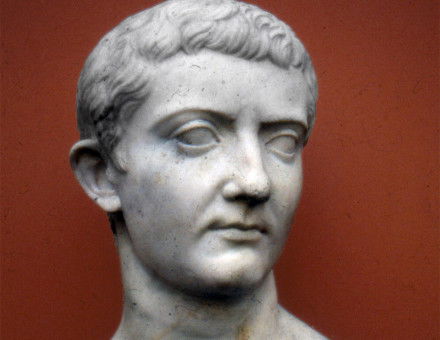The Emperor Justinian
D.M. Nicol assesses Justinian's valiant attempt to restore the splendours of Imperial Rome, by turning back the clock to the days of Augustus, and making the Mediterranean once again a Roman lake, concluding it “was impractical and largely a failure. But it was a glorious failure."



